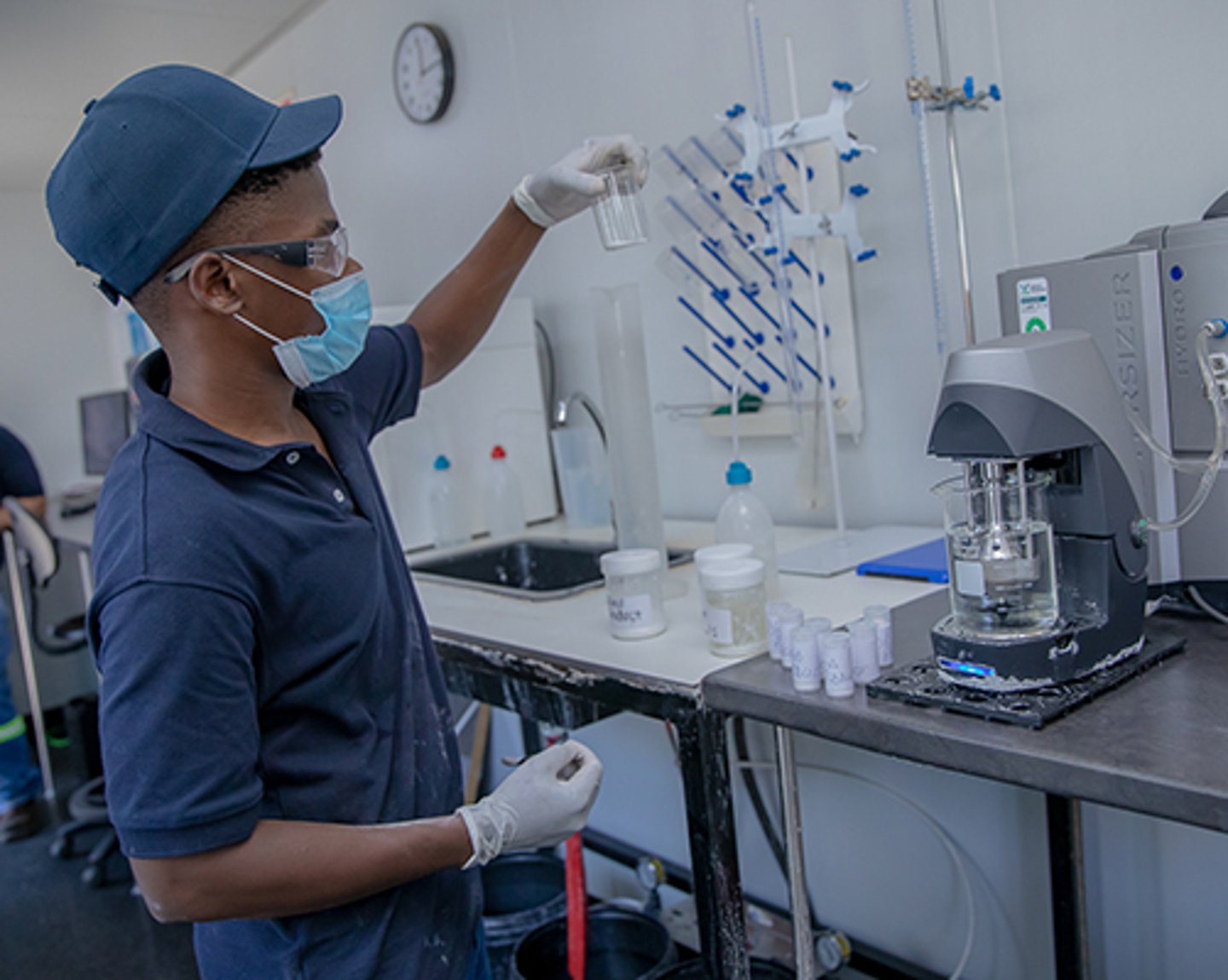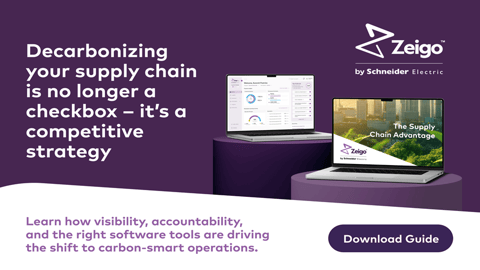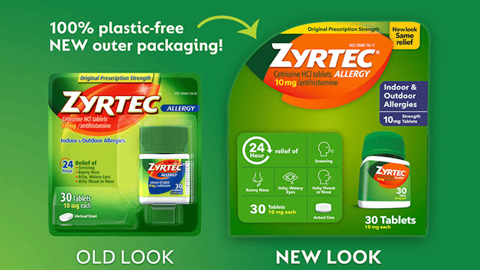Nestle Using AI To Convert CO2 Into Green Products & Recycle Wastewater
Nestle successfully piloted the use of AI and machine learning in reducing emissions and saving water at one of its factories, leveraging the technology to convert CO2 into green products.
Developed in with the Emissions Capture Company (ECCO), Nestle East and Southern Africa Region (ESAR) is leveraging ECCO’s WhiteBox machine learning-based technology to capture Scope 1 carbon dioxide (CO2) emissions and recycle industrial wastewater as part of a pilot at its Babelegi factory in Pretoria in South Africa.
The technology converts CO2 into green products that are in turn used in the production of consumer goods, food, animal feed, cosmetics and pharmaceuticals, and Nestle intends to scale it to additional factories in the region.
[See also: Nestle Plans To Double Consumer Data Records By 2025]
The WhiteBox tech can also used to eliminate sulfur dioxide (SO2) emissions without the need for water, and the ECCO setup uses machine learning to analyze data that measures emissions coming out of the production process, Saint-Francis Tohlang, Nestle ESAR corporate communications and public affairs director, tells CGT.
“This analysis is key in the mechanics of converting the flue gas into green products and recycled wastewater,” Tohlang said, noting that it can be calibrated to capture between 25% to 70% of Scope 1 CO2 emissions. Much of this is done through direct air capture and energy-efficient gas processing via low-fuel consumption methods.
Nestle anticipates that approximately 100,000 cubic meters of water can be recycled each year per industrial facility, which Tohlang said is equivalent to 100 million liters of water per year per industrial facility.
“This setup emphasizes the tenets of our RE sustainability platform, where our approach to mitigate climate change and strengthen our contribution to a waste-free future is multi-faceted and integrated,” he added. “Reducing carbon emissions and recycling wastewater allow us to address more than one challenge at the same time, benefiting the communities within which we work.”
The technology has been in successful operation for over 8,000 hours. The next stage in the pilot includes Nestle scaling to other factories to reduce Scope 1 emissions in the region. Following successful commissioning in Babelegi, the company is considering deploying the technology in three other production facilities, namely Estcourt, Harrismith and Mosselbay in South Africa.






